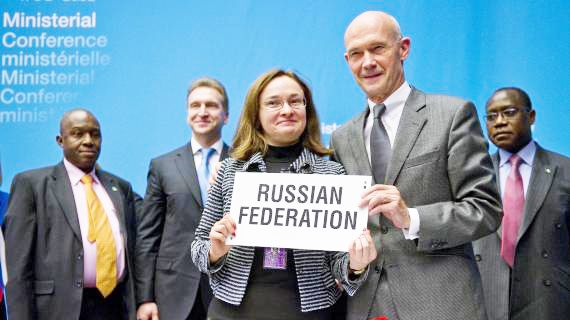Europeans are defying global terrorism threats as holiday hungry travellers sent bookings soaring over the last season. The world’s largest tourism firm says it expects the threat to continue, but remains optimistic.
Thursday’s annual earnings report was the first since the merger between TUI AG and TuI Travel. It was also the first time the travel giant broke the one-billion-euro ($1.1-billion) earnings mark. For the twelve months ended September 30, the company grew underlying earnings before interests, taxes and amortization (EBITA) by 15.4, to 1.07 billion euros, compared to the previous fiscal year. This was better than the 12.5 to15 percent TUI itself had expected.
Turnover rose to 20.01 billion euros, up from 18.54 billion euros the year before.
TUI Group chief executives, Friedrich Joussen and Peter Long, said the growth “was driven by a particularly good performance in Northern Region, Hotels & Resorts and Cruises.” Northern Region includes the UK, Ireland, Scandinavia, Canada and Russia
However, the Hanover, Germany-based firm fared worse at home, where an increasingly competitive market squeezed profits.
The strong performance also came in spite of a string of terrorist attacks that increased security concerns and forced several companies like TUI to cancel trips to key destinations.
In November, Britain suspended flights to Egyptian resort Sharm al-Sheikh, while trips to Tunisia were canceled after 38 holidaymakers were massacred on a beach in June. Last month’s terrorist attack on Paris, in which 130 people were killed, further fueled traveller fears.
“We are probably going to have to live with a bit more insecurity, somehow,” said co-CEO Joussen. Still, he added, “we are seeing that people want to go on holiday, and if need be, they will simply travel elsewhere.”
Looking ahead to fiscal year 2015/2016, the company said it expected to post underlying EBITA growth of at least 10 percent. Reflecting the upbeat outlook, the Group said it would raise its dividend per share to 56 cents from 33 cents.
pad/uhe (dpa, Reuters)




